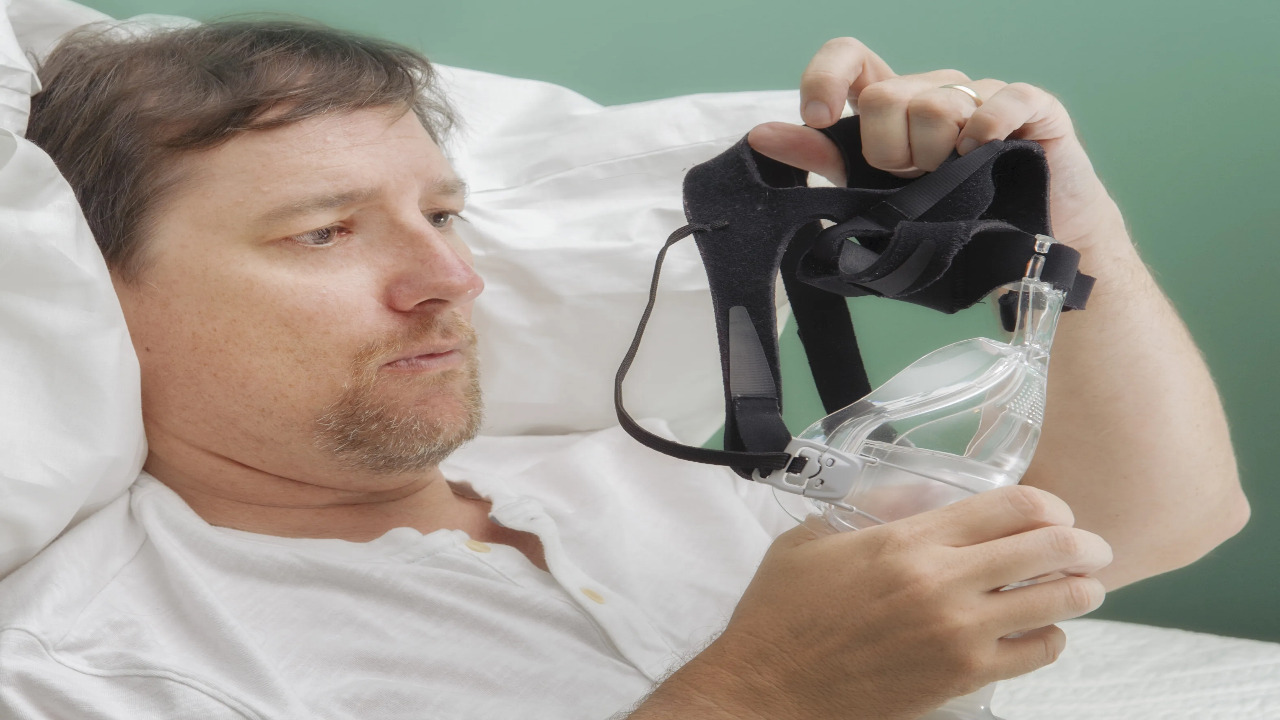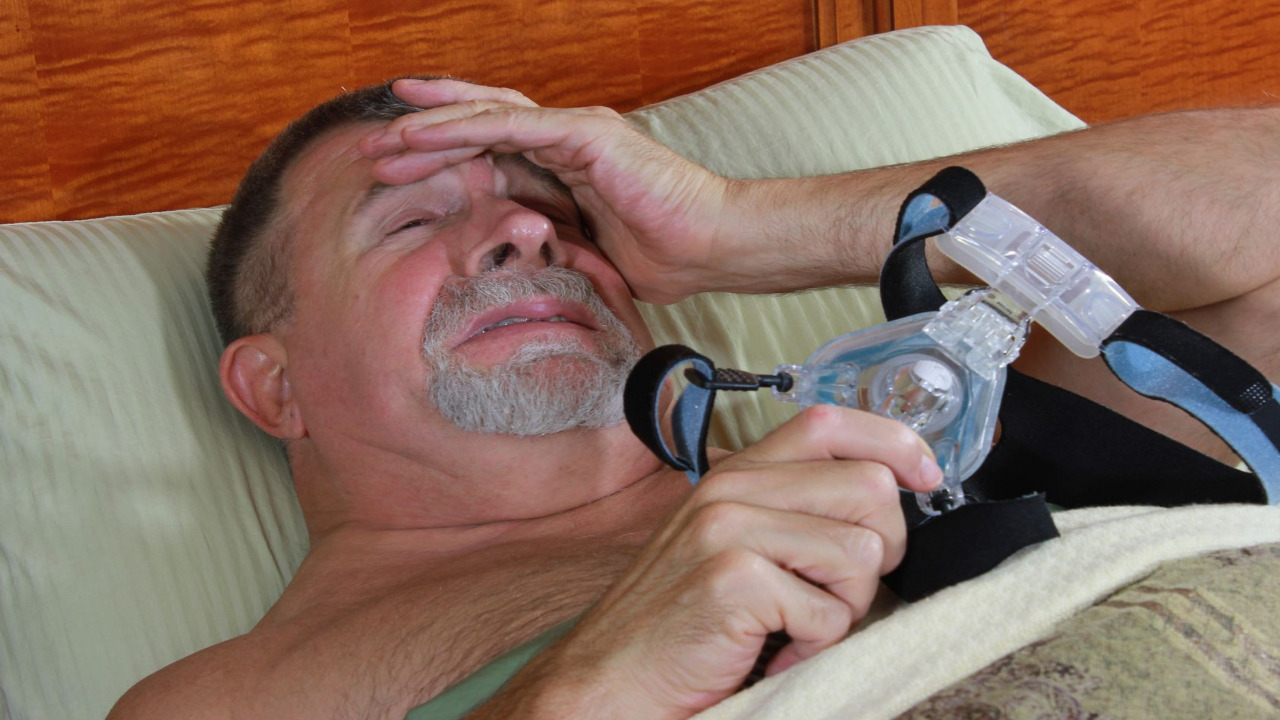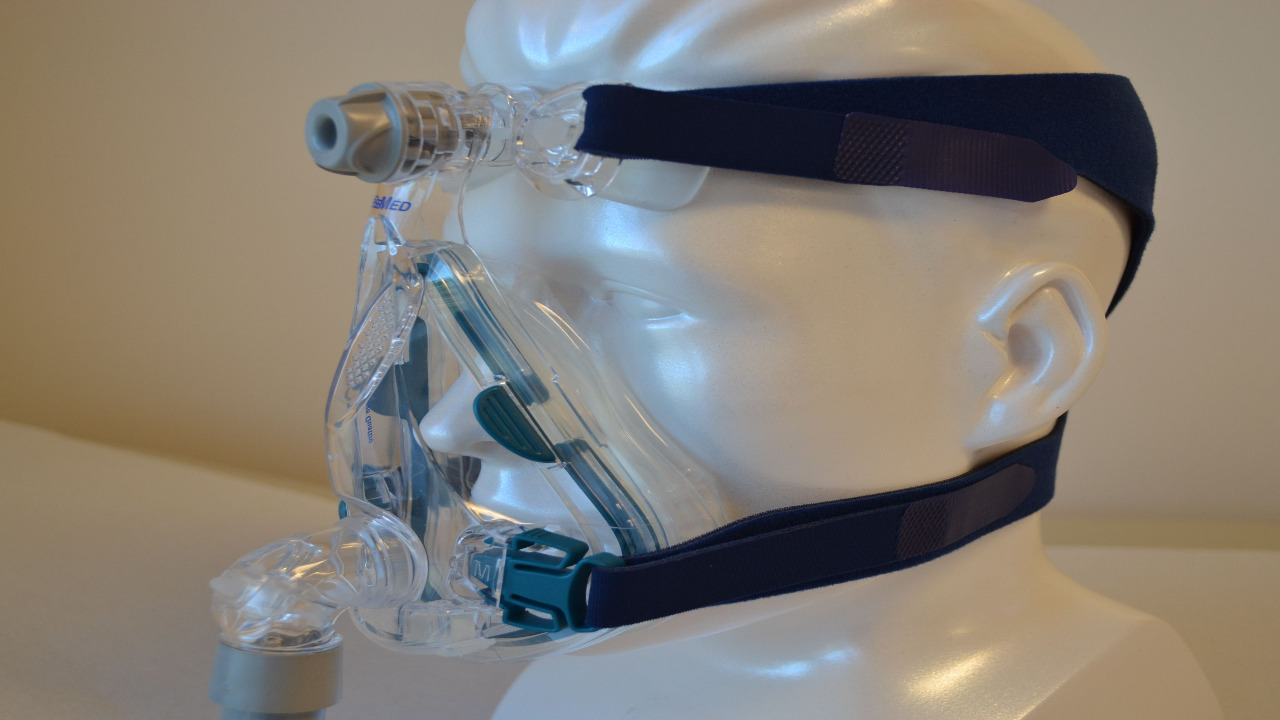A CPAP mask is a device used to help people with sleep apnea breathe more easily. They are usually worn at night and can be a full face or nasal. A CPAP mask has two significant functions: it provides pressure on the airways to prevent them from collapsing and delivers air through a tube into the lungs. A CPAP mask is not only for people with sleep apnea but also those who are pregnant, need oxygen therapy, or have COPD.
What Are CPAP Masks

CPAP masks deliver a steady stream of pressurized air into the person’s airway. This helps the person to breathe more easily. A CPAP mask is a device used to supply air pressure to treat obstructive sleep apnea and other breathing problems. It is typically worn over the nose and mouth or the nose only. The most common type of CPAP mask is a nasal pillow mask, shaped like a horseshoe or a U-shaped piece of plastic that fits inside both nostrils. Other masks are full-face, which cover both the nose and mouth, and nasal masks, which work only inside the nose. With the rise of the CPAP mask, many people have been wondering which mask is best for them, so you can buy now here.
How CPAP Machines Work

Sleep apnea is a sleep disorder that occurs when the muscles in the throat relax and block the airway. This can happen for brief periods or repeatedly throughout the night. It is crucial to get diagnosed with sleep apnea as soon as possible so you can start treatment as quickly as possible. Left untreated, without any attention, it can lead to many health problems like diabetes, depression, heart disease, and more.
Risks of Using a CPAP Mask

The use of CPAP masks is expected in the treatment of sleep apnea. They also treat other respiratory conditions such as chronic obstructive pulmonary disease, obesity hypoventilation syndrome, and neuromuscular diseases. CPAP masks are not a risk-free solution for sleep apnea. Many risks are associated with using a CPAP mask that can lead to infection and other side effects.
Some of these risks include:
– Mouth breathing can lead to dry mouth, sore throat, or dry eyes.
– Skin irritation: This can happen if there is too much contact with the skin around your nose or mouth.
– Nasal infections: This can happen if you have an upper respiratory tract infection.
CPAP masks are not sterile and can contaminate bacteria, viruses, and fungi. If you are using a CPAP machine, cleaning your mask before and after each use is essential.
How to Choose the Right CPAP Mask

Your comfort level is the first crucial thing to consider when choosing a CPAP mask. You want to find a mask that fits your face well and doesn’t cause pain or irritation. Finding a mask that doesn’t leak air around your nose or mouth is also essential, as this can lead to infection.
Reducing Risks of Infection
Patients using CPAP equipment to treat their sleep apnea are at a greater risk of contracting diseases. The equipment/machine can be a breeding ground for bacteria, viruses, and fungi. There are many ways that patients can reduce the risk of infection when they’re using CPAP equipment. Some ways include:
– Cleaning the mask regularly with soap and water or a specialized cleaner
– Use a humidifier to prevent dryness in the airways
– Keeping their skin moist by applying lotion or vaseline to their face before putting on the mask
